

Founder and CEO of the Making An Impact All-Together (MAIA) Foundation, Marvin Campbell, says if Jamaica is serious about slowing the negative impacts of climate change, then more of its citizens would need to get off their television screens and smartphones and “get dirty”.
It’s not a cheeky jab, however, but is meant quite literally by the German-Jamaican, St Elizabeth native, who told Our Today that the benefits are far-reaching.
Campbell, whose foundation has been leading the charge against the crisis knocking on the island’s shores, said unlike other countries, biodiversity barriers in getting dirty to help Jamaica are few or pose very little personal threat.
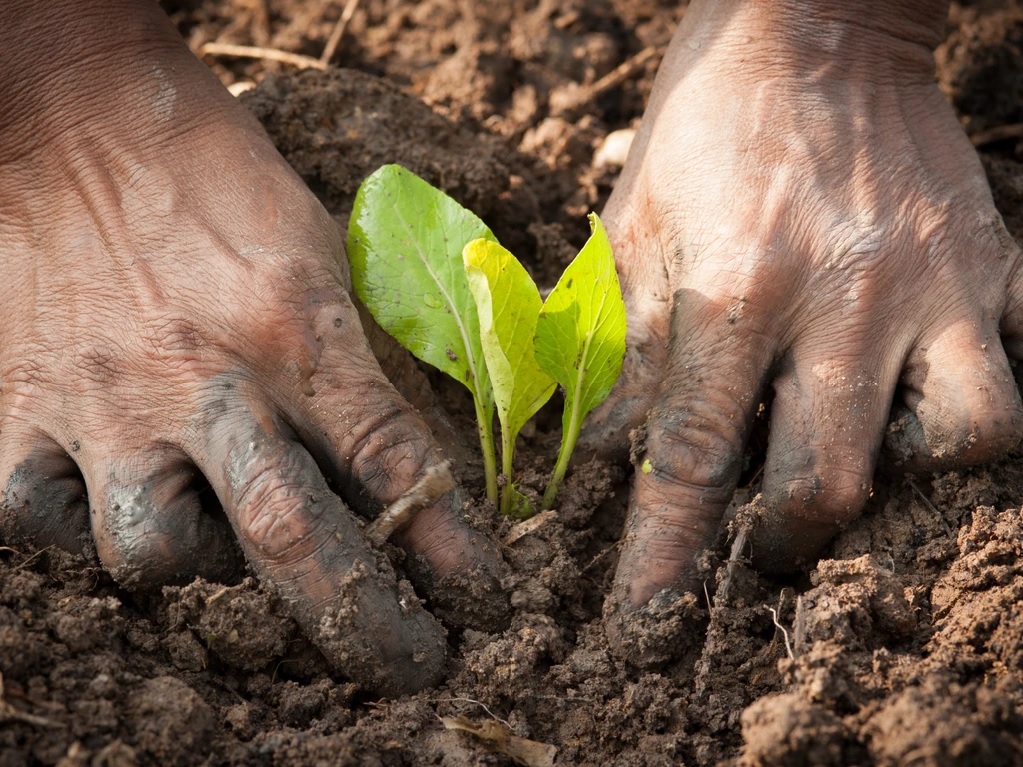
“Inevitably, we’re all connected; when we die, we decompose and make soil again and that is something we need to teach children: come out, get in the dirt. Understand the composition of dirt. Why is that so important? What do you put in it? How does it grow—how do you plant? A lot of children don’t know that,” he said.
“Having a child plant a banana or a tree, the possible process for a child of getting involved and being in the dirt is always happy. I know it’s hard to believe because everybody is [digitised] but put them in the dirt, there’s nothing in Mother Nature that can actively kill them in our realm. Come get dirty, get messy, get cracking,” Campbell told Our Today.
The 40-year-old strategy planner bemoaned our current reality, arguing that many Jamaican children are untethered from nature to the point fruits and eating healthy are considered a luxury.

“A lot of children don’t have any connection to fruit anymore. They think everything they see on the TV is the Holy Grail, so we need to bring self-sustainability, nutrient-rich, healthy diets and that knowledge [back] to the children. This means a healthy child can look out and prepare for a healthy world,” the founder and CEO said.
Campbell considers the opportunities especially promising for children’s homes and shelters, where many ‘unwanted’ wards languish in private or government systems and even fewer success stories bloom.
“Those are the children who have been neglected since childhood. If they [can] see value in their life and to themselves, and can trust their innate [talents] to know ‘I can do this with my hands; I have accomplished without someone telling me’, that’s good!” he exclaimed.
“The fewer children we have being cast aside/forgotten, the less we have unfortunately coming up to you 15 years from now, asking for your watch and phone. Remember, there’s a disconnect between growing a child and having the child feel that they can achieve and accomplish. If that’s not the case, other ways and means will be found, which children replicate what they see,” he added.
The dirt-friendly agenda being pushed by Campbell will be spread across Jamaican schools and communities in the MAIA Foundation’s second phase—taking the form of an education and training programme.

“The school programme that we’re planning is similar in teaching, but in this case, we rope in families. We need mommy and daddy to understand that same concept, it is imperative not just for the children. Dirt can’t kill you, everything that comes out of dirt is good. Get connected again with Mother Nature,” Campbell continued.
“All of us have this space around us; a lot of houses have small areas that you could plant. Nobody plants anything. We seek solitude and peace in watching TV, back in the old days we used to go gardening. The connection to earth and soil balances your life. Plant that seed not just in the child but also the adult,” he asserted.
Another immediate benefit, Campbell told Our Today, as more Jamaicans get dirty, the country inches closer to becoming food secure and climate-conscious.
“When we look into COVID now, a lot of households wouldn’t have challenges anymore. You grow your own [food], eat and enjoy your own and understand what that feels like. How it tastes and that level of accomplishment. Also, you reduce your waste. Your biodegradables? Dig them in the dirt, leave them there. Organisms will come and eat them and leave energetic soil for you,” Campbell, who calls Jamaica his home, contended.
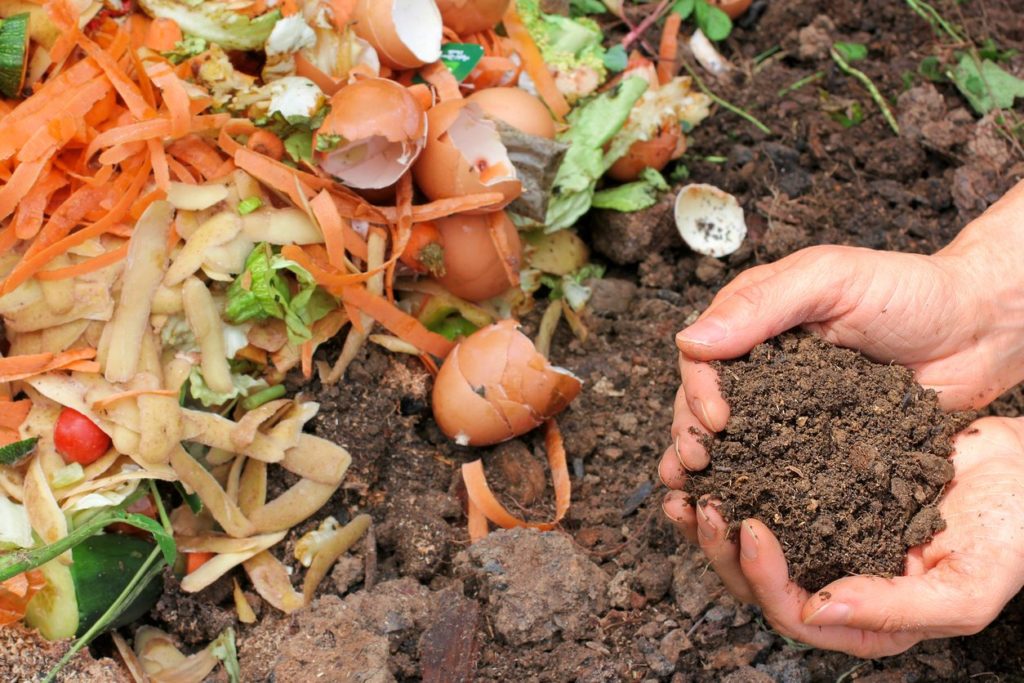
“Imagine that! You’re throwing away less and reducing the pressure on our dumps. Without the biodegradable material that goes into [our] bins, there’s no more stench. Think about it. It doesn’t smell anymore, which inevitably is the reason why our municipal corporations have to collect [garbage] in the amounts during the days that they have to. Because it stinks, it rots, it attracts rodents, everything gets in it,” he added.
The prospect for a ‘stinkless’ garbage disposal system is very appealing to Campbell and the MAIA Foundation, as Jamaica has the potential to repurpose 88.5 per cent of all its solid waste.

The island is sadly very far away from that upcycling future, as only Jamaica only achieves somewhere around nine per cent of the target, however, Campbell believes that it is possible in the next five years, with effort.
“If we reduce the household waste by taking out the biodegradables, the trucks would have to drive less, the garbagemen would have a happier life—even the government would pay less. That is really our hope and approach; that we get this paradigm shift done so that more and more people understand,” he said.
“The bigger picture in the strategy on reducing garbage and solid waste is far off but you have to start somewhere,” Campbell told Our Today.

Sections of the Riverton Disposal Site in St Andrew being covered with soil transported from a nearby quarry, in March 2015 as a toxic fire raged and smog forced many Kingstonians to seek cover. (Photo: Jamaica Information Service) 
Heavy-duty equipment is employed in the clearing of an illegal dump site at Arnold Road in Kingston in September 2018. The activity was undertaken by the National Solid Waste Management Authority (NSWMA). (Photo: Jamaica Information Service)
The MAIA Foundation, faced with challenges from the onset of the coronavirus pandemic, remains committed to completing its first phase of outreach: empowering children’s homes, orphanages, shelters and other entities islandwide.
Click here to read more on Our Today‘s exclusive interview with Marvin Campbell.
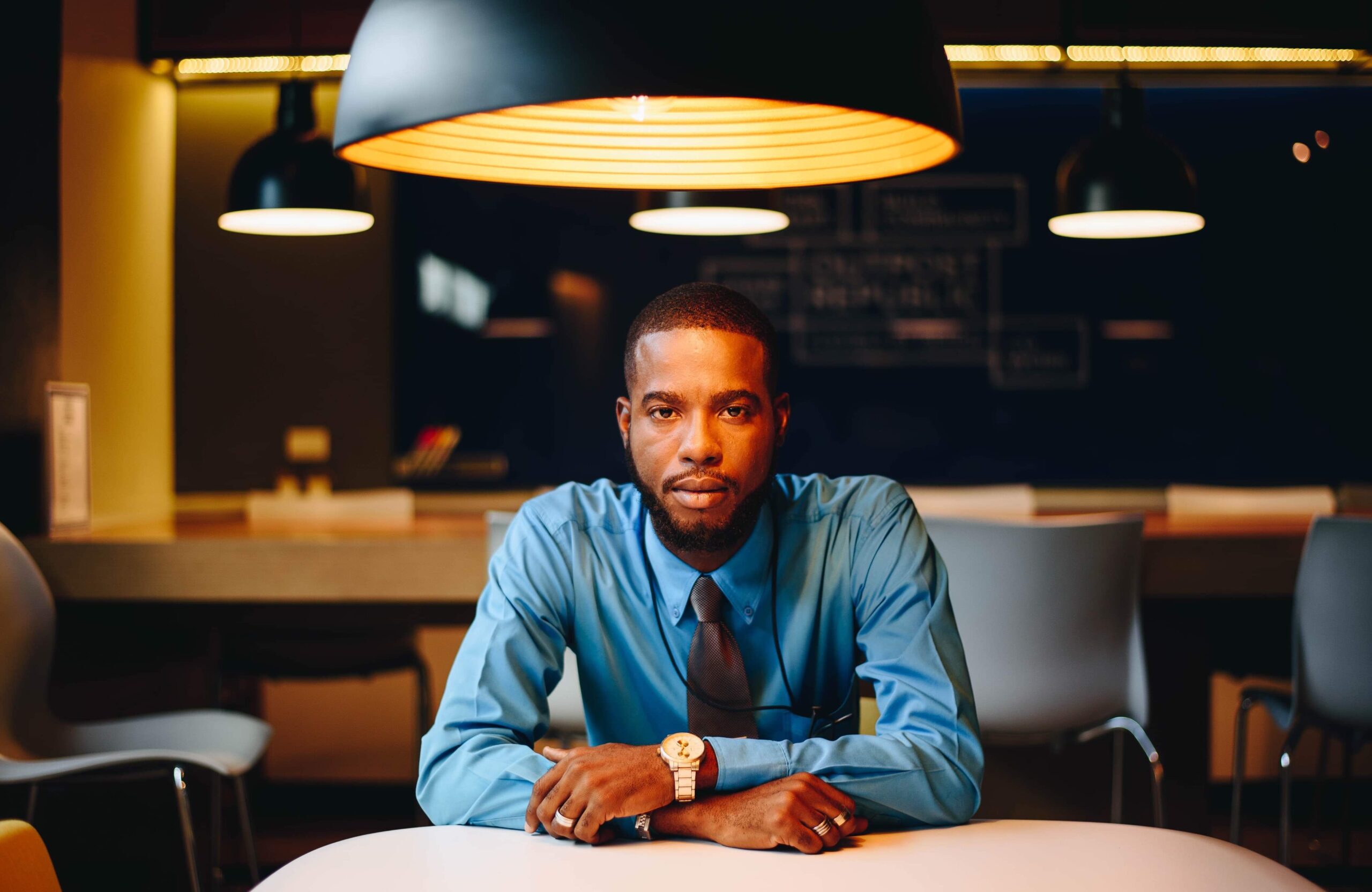
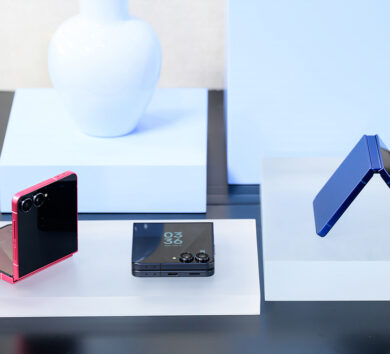
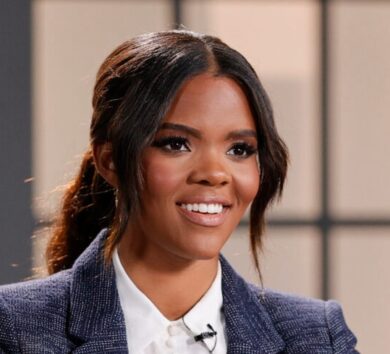
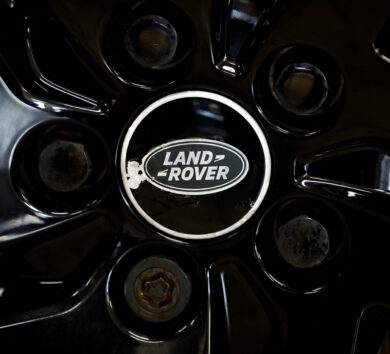
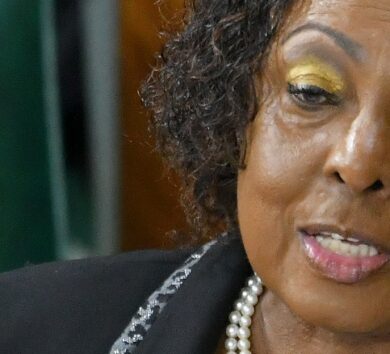
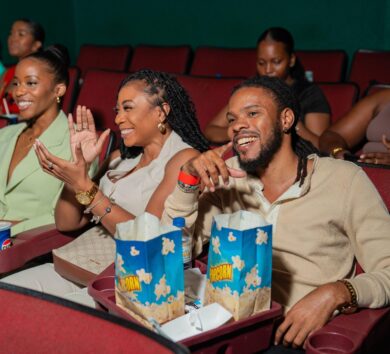
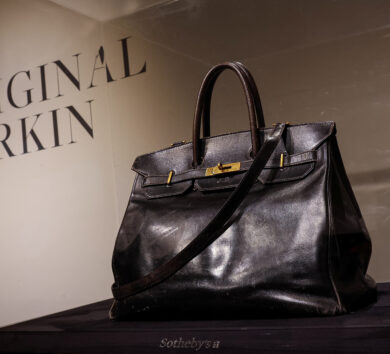
Comments